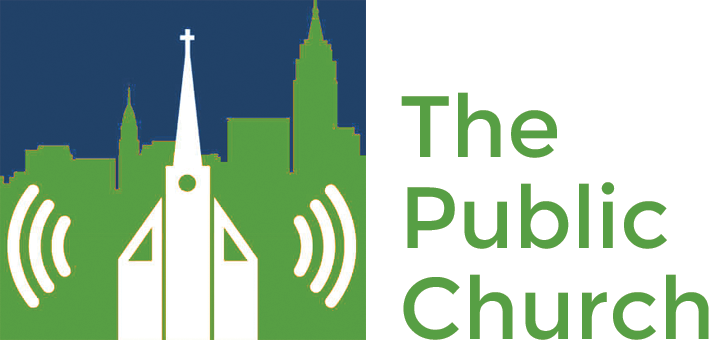Dialogue is the new watchword of our time. To promote understanding. To advance education. To defuse conflict. To co-exist.
What is the chaplains’ role in fostering dialogue on campus? What can we as religious leaders on campus do to promote dialogue?
Can we be the convener? the sponsor? the facilitator? What would that take?
Leading dialogue presupposes have some creds. It presupposes being known, and trusted. It means having a public face, with a public voice, having made a public identity.
That means having made it into the public discourse of the community. What means have we employed to this end? How is a public identity established?
Write. Make your thoughts and reactions to the events on campus known. And to national events. Once upon a time, that meant writing a column in the student newspaper. Today, that might mean to blog, to do a Facebook page, to Tweet. But the trouble with social media is that it depends on developing a following and that depends on a certain cheekiness and quotability. Do we have those skills? Or chuzpah?
Get invited to speak. Every semester there are panels on public issues. Do we have contacts on the faculty who would turn to us when a symposium on “Black Lives Matter” takes place? Or when a panel on DACA students gets put together?
Host. Create a teach-in. Most important: be the lead speaker.
Chaplains must take steps to become primary resources, rather than just the supporting cast.
